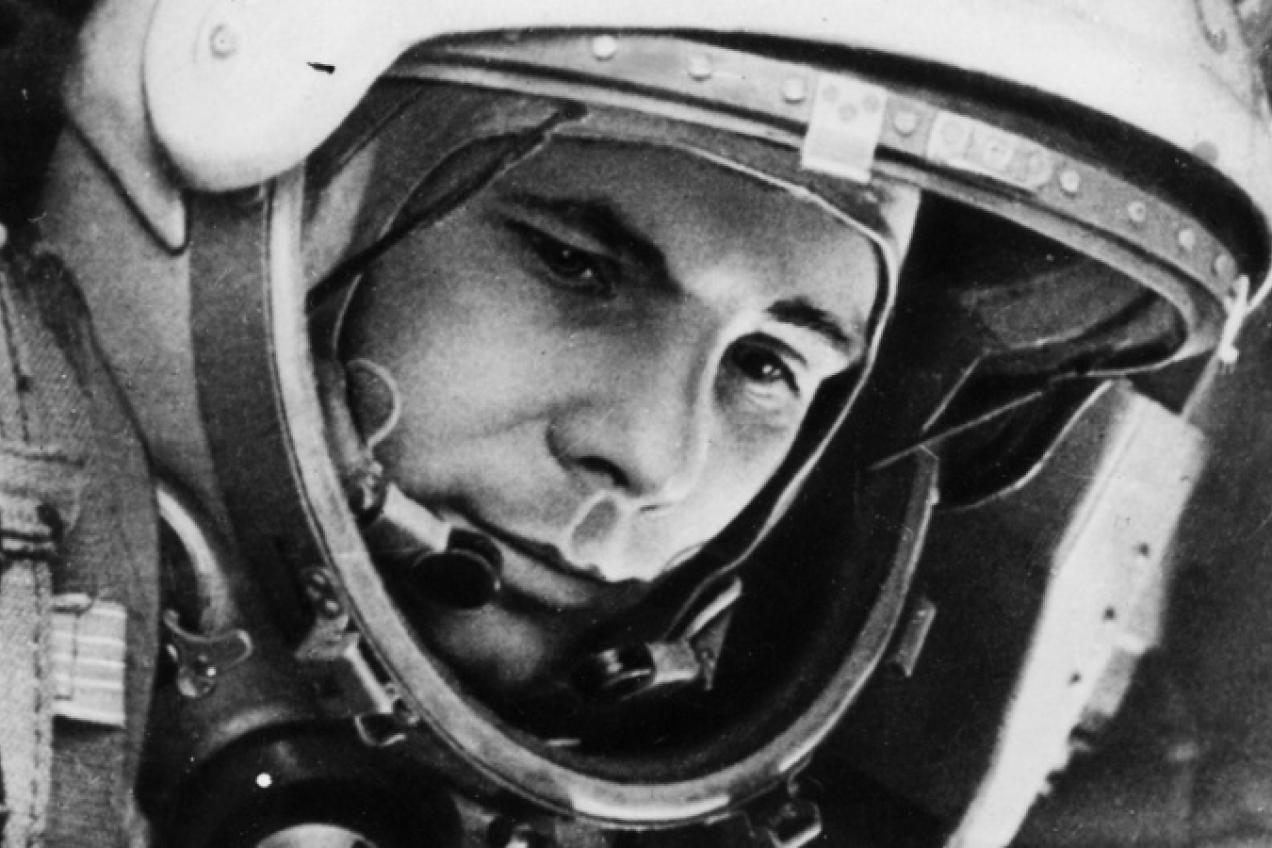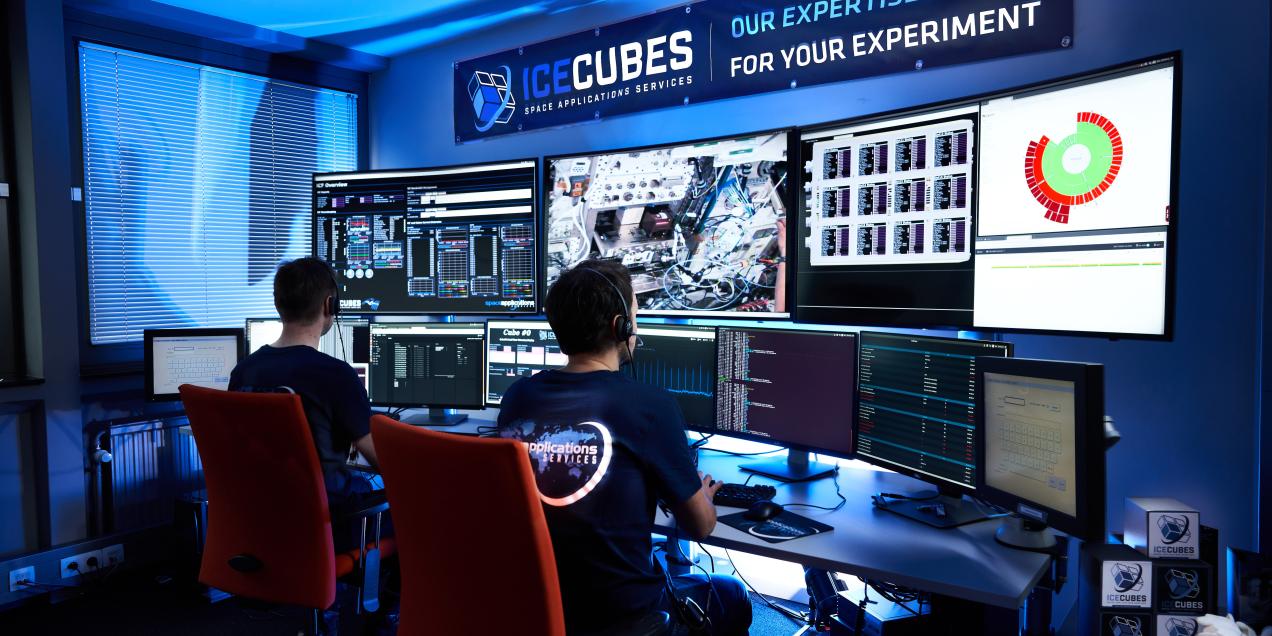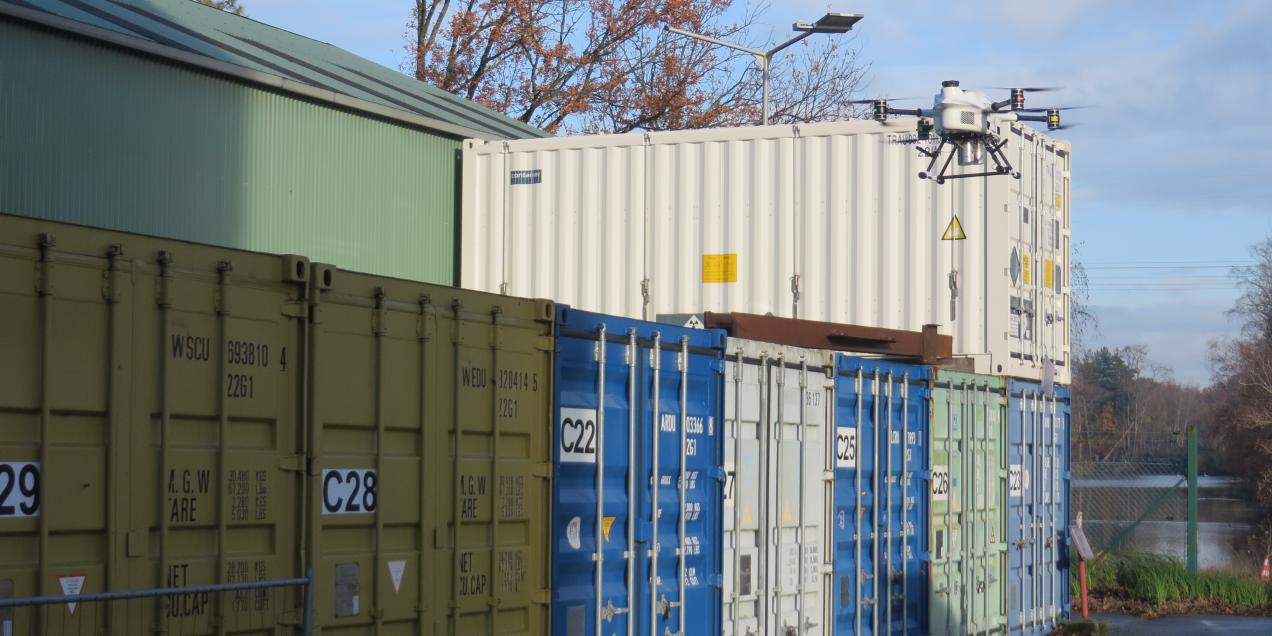Gagarin's flight marked the start of space research with a human focus
On 12 April 1961, Russian cosmonaut Yuri Gagarin took off in his Vostok rocket. Gagarin was the first man in space. That journey into space made him famous, even on the other side of the Iron Curtain. Now, exactly 60 years later, he remains an admired figure. Every year, fans celebrate his achievements and those of other astronauts during ‘Yuri's Night’, as do our own space experts. A letter. (Portrait photograph: ©spacepage)

Sender: SCK CEN
Recipient: Cosmonaut Yuri Gagarin
Subject: Thank you so much for giving space research a boost.
Dear Yuri,
‘Poyekhali!’ you called over the radio. Immediately afterwards, your Vostok rocket shot into the air from the Baikonur Cosmodrome in Kazakhstan. Destination: space – a place where no human had ever been before. In the end, it was no more than a test flight, lasting barely one hour and 48 minutes. A journey to the stars that took courage and perseverance.
I admire you. You were the first to make the journey, jumping out of your capsule by parachute at 7,000 metres and managing to land unharmed. Do you know that with your Russian phrase for ‘off we go’, you have opened more doors than you could ever have dreamt of?
As the first man in space, you have shifted the focus of space research. Whereas overcoming technical hurdles used to be the focus of attention, the research is becoming more and more human in nature. How does the body react to cosmic radiation and prolonged weightlessness? How can we increase radiation resistance? Can we counteract delayed wound healing caused by stress and weightlessness with hypergravity treatment? How can astronauts produce their own water, food and oxygen during their space journey? What if people were living and working on the moon? Can we turn planetary surfaces into more ‘fertile’ ground for growing fruit and vegetables? ... And all these findings could lead to breakthroughs in nuclear medicine.
We are also proud to tell you that our research centre – and by extension Belgium – is playing an active role in this research. Today, we are holding a workshop on this, to which I would have liked to invite you. Sadly, there are many decades between us.
Finally, I want to thank you. Thank you for making this journey. Thank you for opening the door to space exploration. Thank you for creating opportunities for our research centre.
With love,
SCK CEN
Belgian research
Are you curious as to how the nuclear research centre SCK CEN – and by extension Belgium – is helping to shape space research? On April 12, SCK CEN organised an online workshop on ‘60 years of humans in space and 20 years on ISS: why Belgium matters?’ It was an interesting programme filled with keynote speakers from ESA, among others, and presentations from experts from SCK CEN and Belgian universities on the numerous achievements in space research. Were you unable to make it, but still curious? Then you can watch back the online workshop here below.
60 years of humans in space and 20 years on ISS: why Belgium matters? - Part 1
60 years of humans in space and 20 years on ISS: why Belgium matters? - Part 2
Related articles
- 17 April '24
 30 August '23
30 August '23 02 February '23
02 February '23